Trump’s Election Win Signals Major Shifts in US Politics
November 15, 2024 at 5:00 PM
2 minutes read
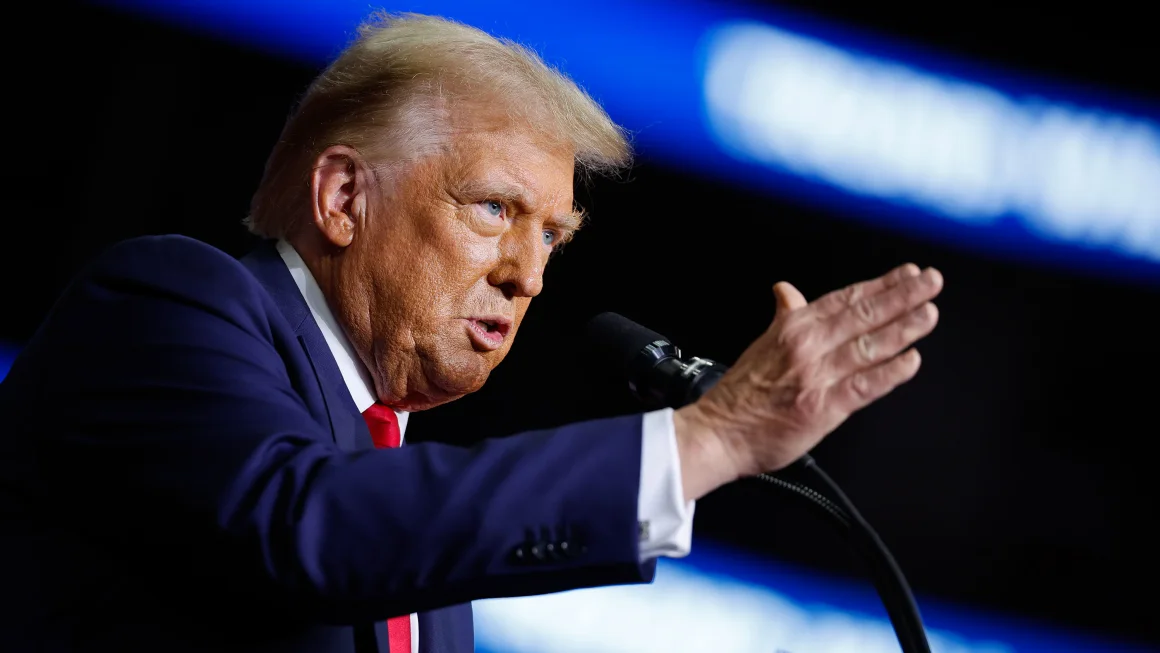
President-elect Donald Trump’s recent victory marks a transformative moment in American politics, highlighting the deep divides and shifting allegiances within the country. Trump’s win over Vice President Kamala Harris has underscored growing discontent with the current administration and a broad desire for change among voters, particularly on issues of economic policy, national security, and government reform.
Trump’s campaign capitalized on public frustration with inflation and the economy, themes that resonated with voters from diverse demographics. By positioning himself as a champion of reduced government interference and promising bold tax cuts, Trump was able to energize his base while attracting new supporters concerned about rising costs of living and the direction of the country. Analysts note that his populist rhetoric and pledges to streamline government and restore "American greatness" helped secure a decisive win.
The election results also suggest that Trump’s influence on the Republican Party remains strong, with a united GOP rallying around his vision for the country. With his re-election, Trump has vowed to implement significant policy changes, including a focus on stricter immigration laws and renewed investment in American industries. Meanwhile, concerns linger among his critics over the potential implications of Trump’s policies on social issues and foreign relations, signaling a potentially turbulent era ahead.
As the U.S. prepares for another Trump administration, experts are closely watching to see how his promises will translate into action and what impact they will have on both domestic and international landscapes. The election has set the stage for potential realignments within American politics, with implications likely to shape policy debates in the years to come.
Up next

Trump Announces Israel’s Agreement to 60‑Day Gaza Ceasefire, Challenges Hamas to Sign On
July 2, 2025
4 minutes read
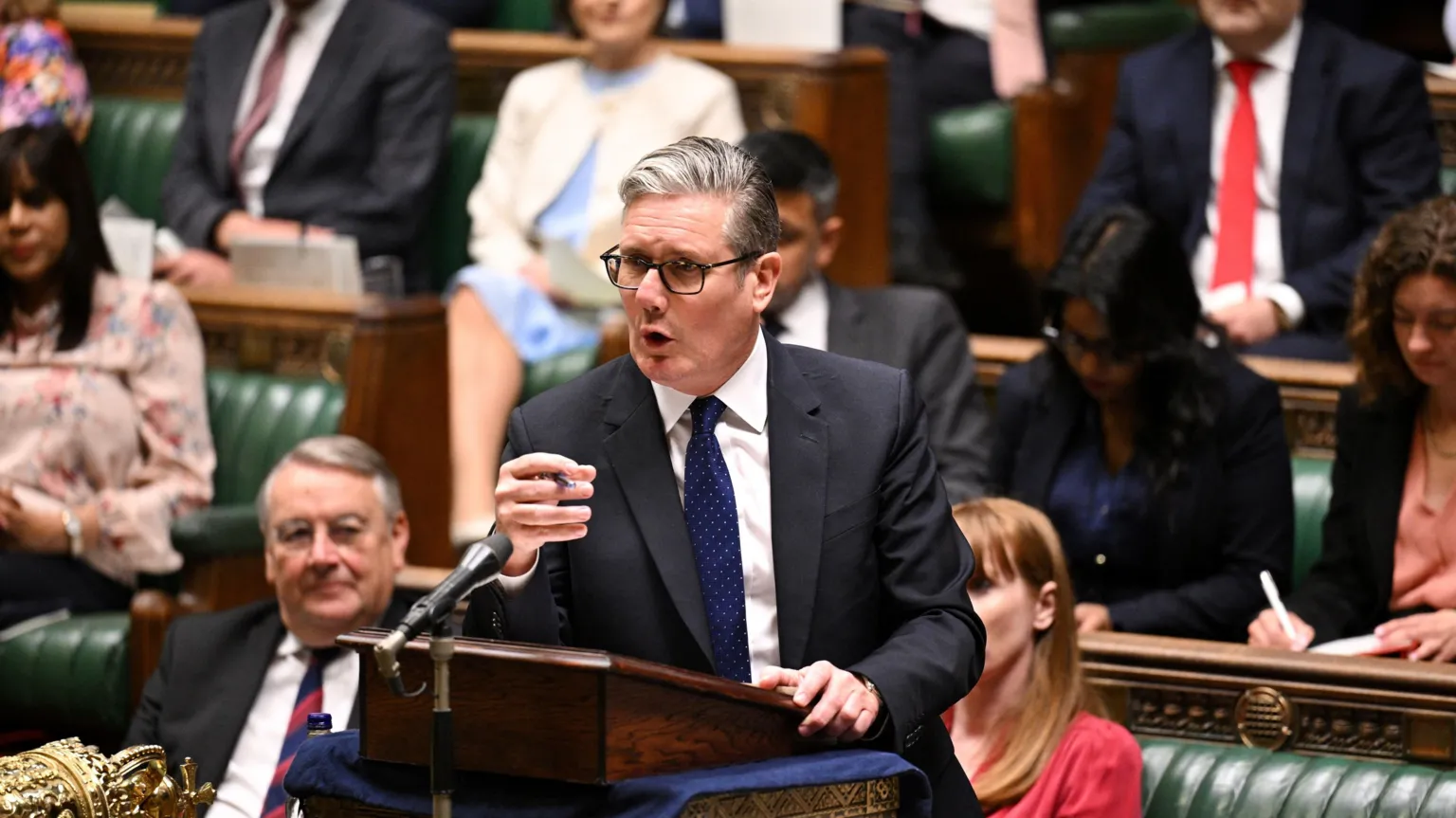
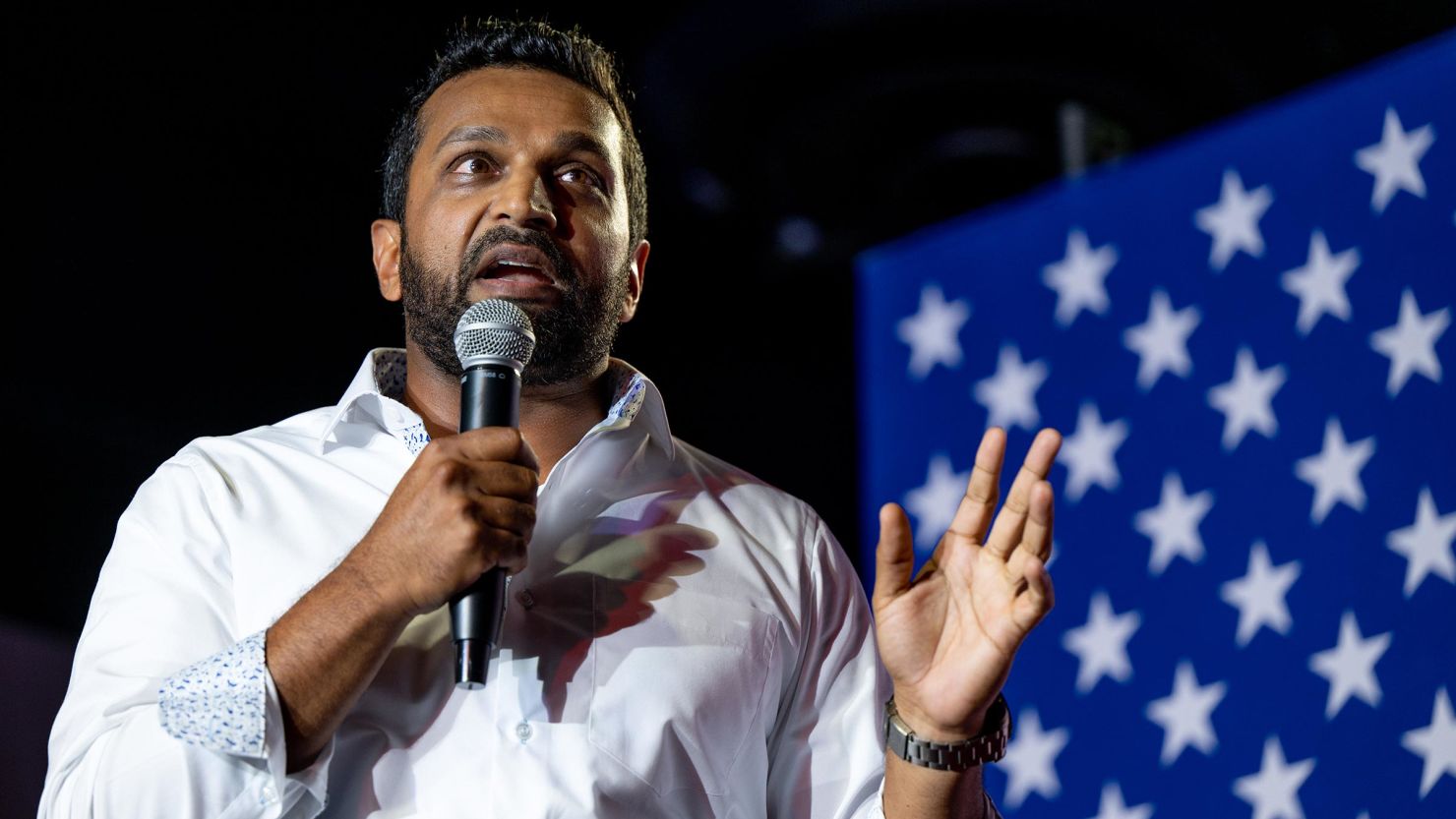
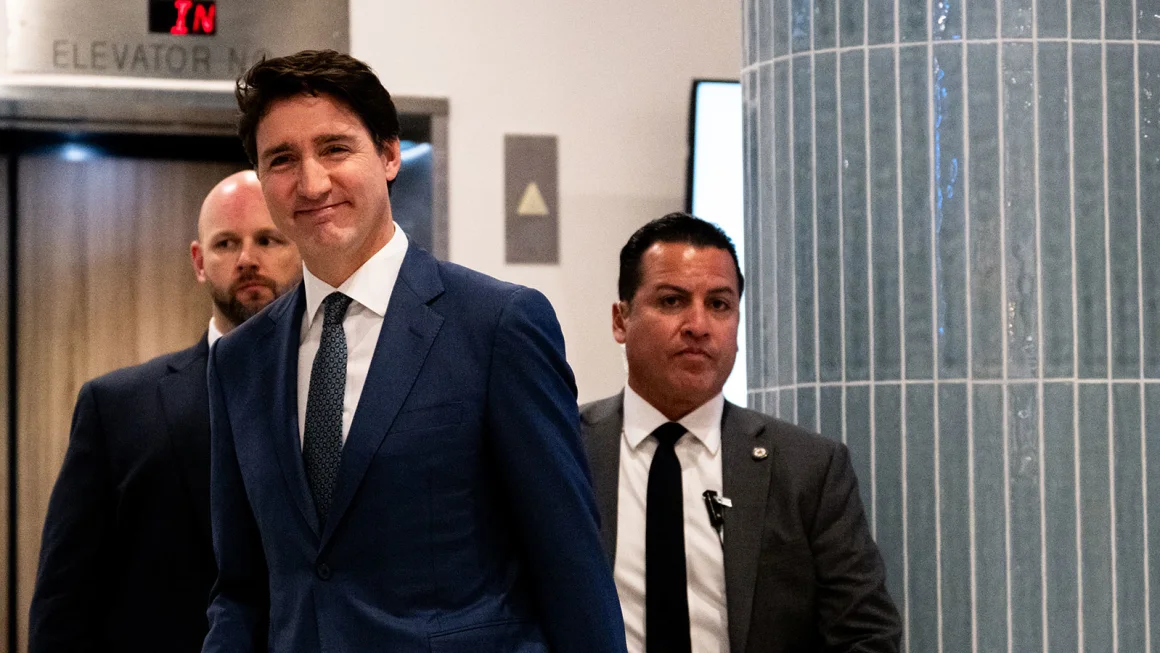
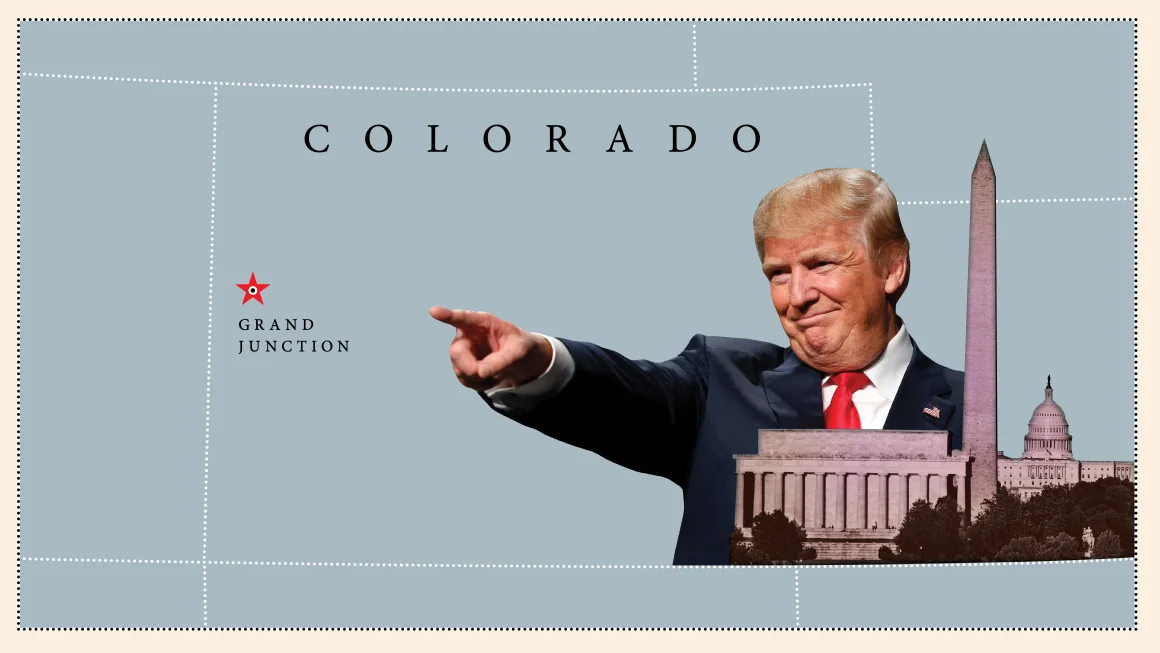
Trump Administration Plans Federal Agency Consolidation, Addresses BLM Plaza Concerns
November 29, 2024
4 minutes read
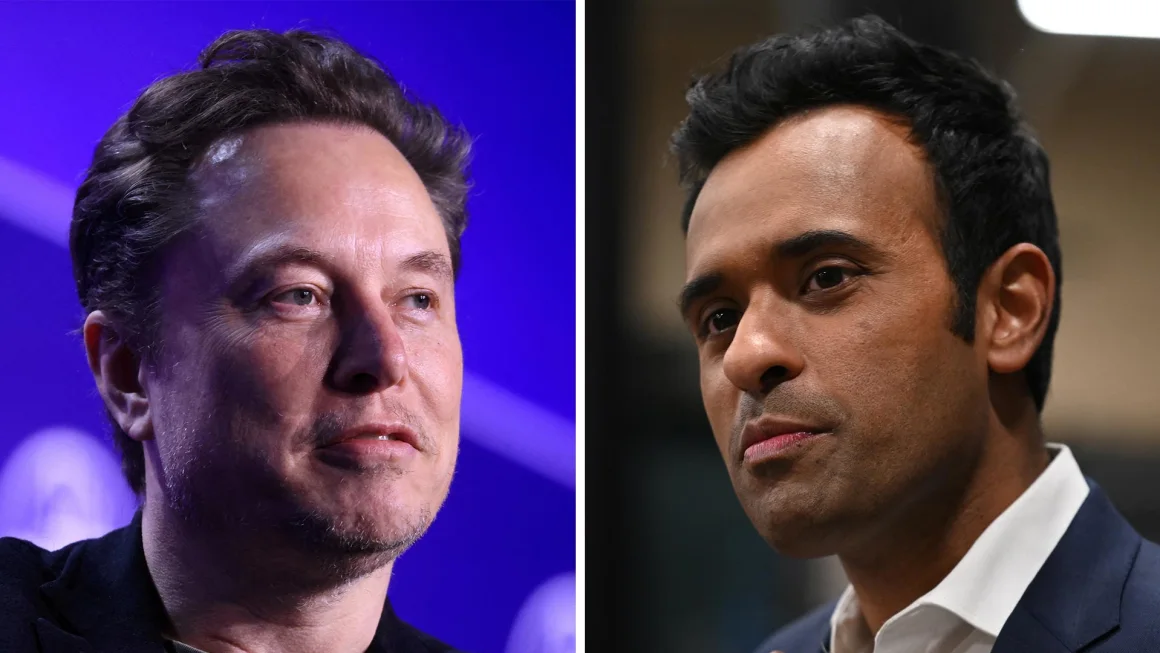
Musk, Ramaswamy Weigh in on Federal Regulations Amid Dogecoin Market Volatility
November 28, 2024
2 minutes read
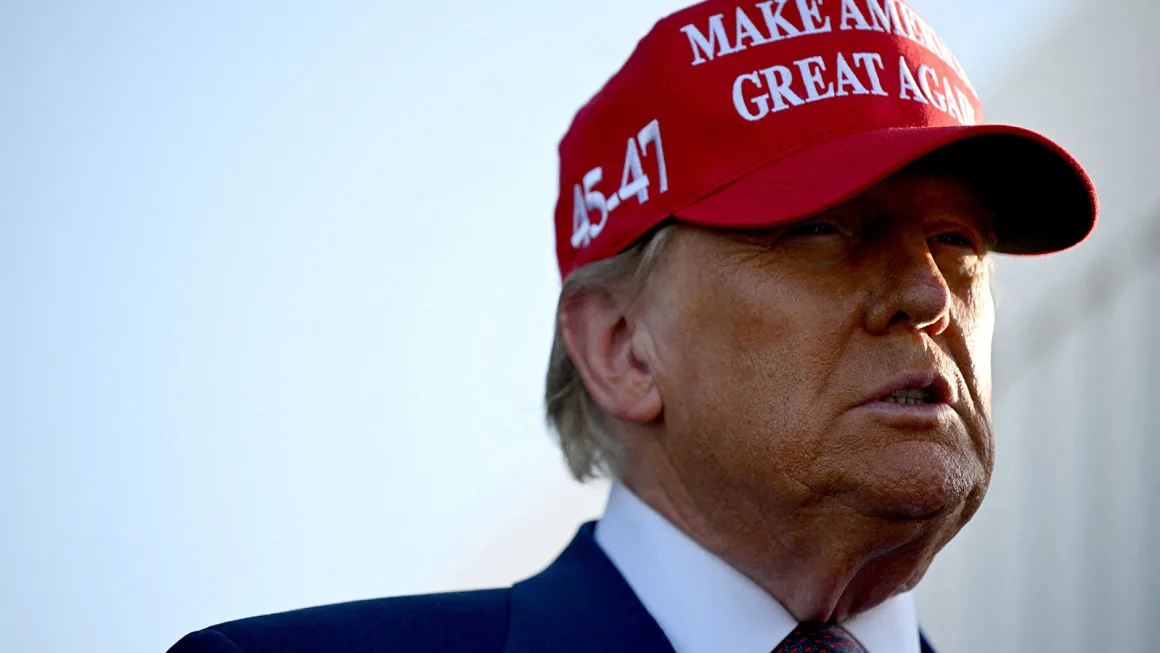
Trump Administration Accelerates Transition, Announces Swift Cabinet Picks
November 27, 2024
2 minutes read

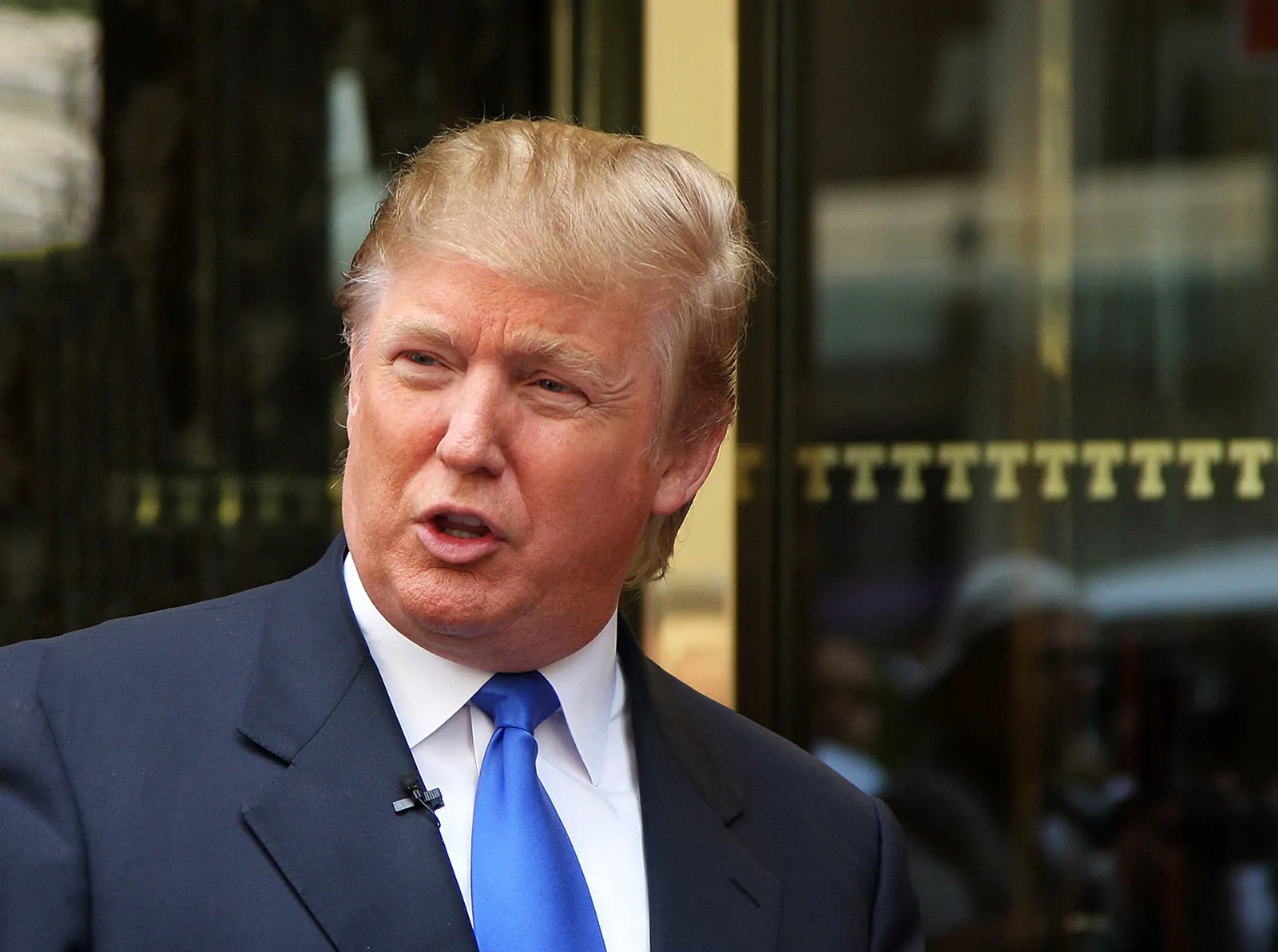
Trump’s Picks of Tulsi Gabbard and Pete Hegseth Reflect Bold but Controversial Cabinet Strategy
November 25, 2024
4 minutes read

Trump Eyes Contentious Nominees Hegseth, Gabbard, and RFK Jr. for Key Positions
November 24, 2024
3 minutes read

Lori Chavez-DeRemer Considered for Labor Secretary Role in Potential Trump Administration
November 23, 2024
2 minutes read

Trump’s Potential Plan to Restructure FBI Raises Concerns Among Experts
November 22, 2024
3 minutes read

Pete Hegseth Denies Allegations in Police Report Amid Speculation About Defense Secretary Role in Trump Administration
November 21, 2024
2 minutes read
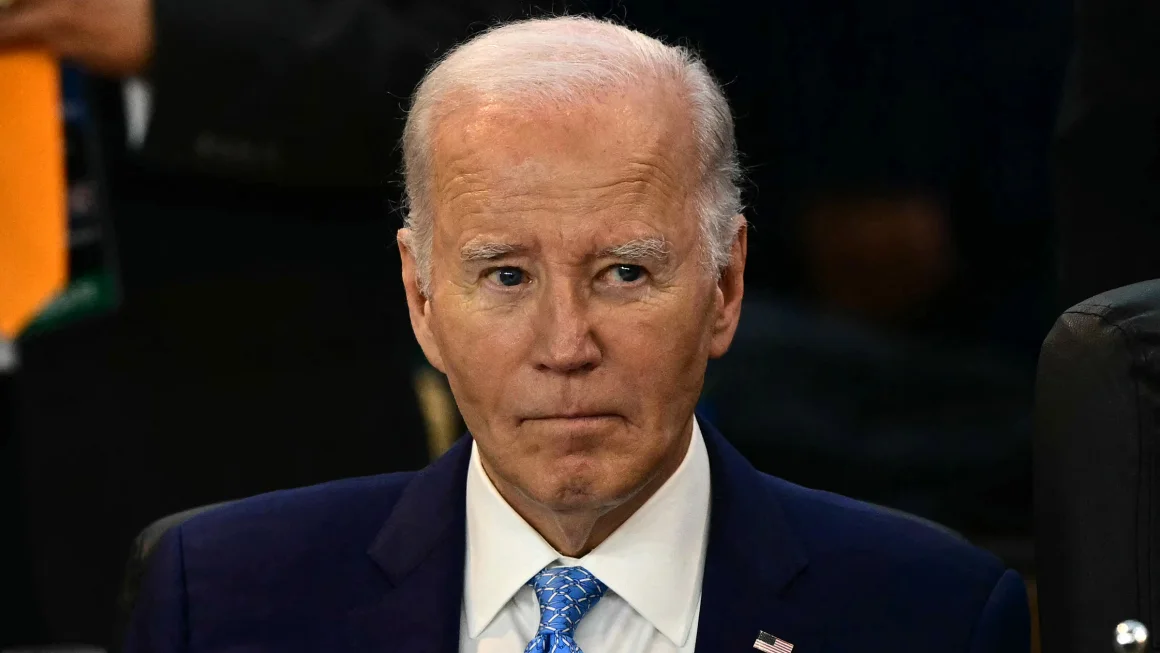
Biden Administration Faces Scrutiny Over Anti-Personnel Landmine Policy in Ukraine
November 20, 2024
2 minutes read
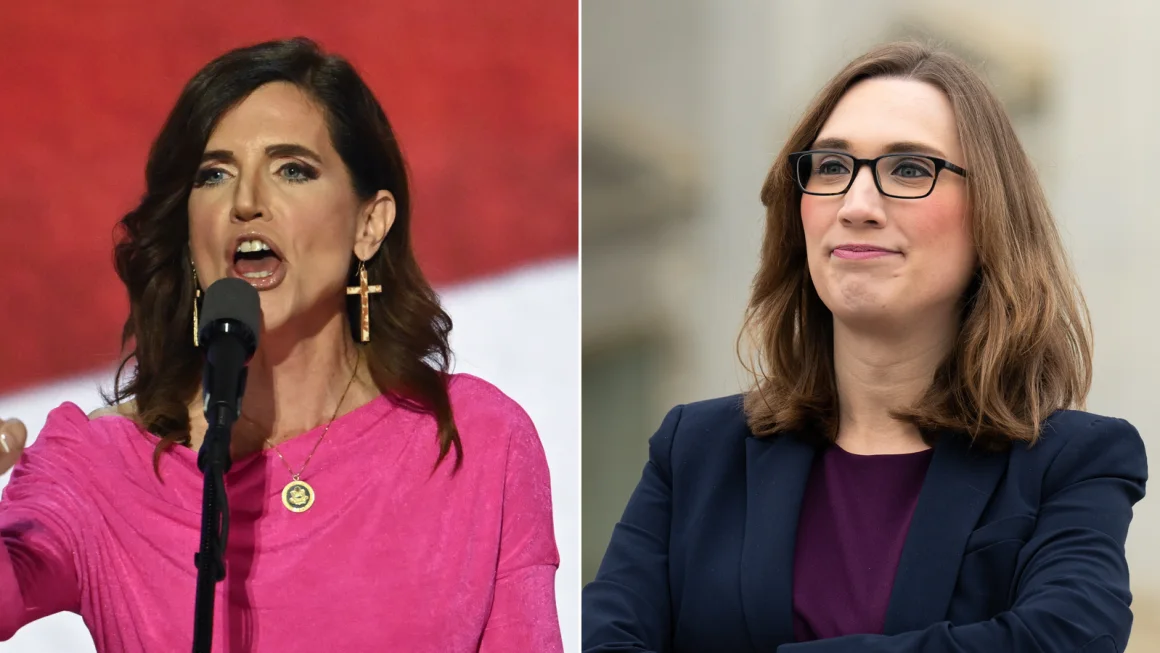
Republican Nancy Mace Criticizes Anti-Transgender Bathroom Ban at U.S. Capitol
November 19, 2024
2 minutes read

Matt Gaetz Reportedly in Contention for Attorney General Role Amid Political Tensions
November 18, 2024
2 minutes read
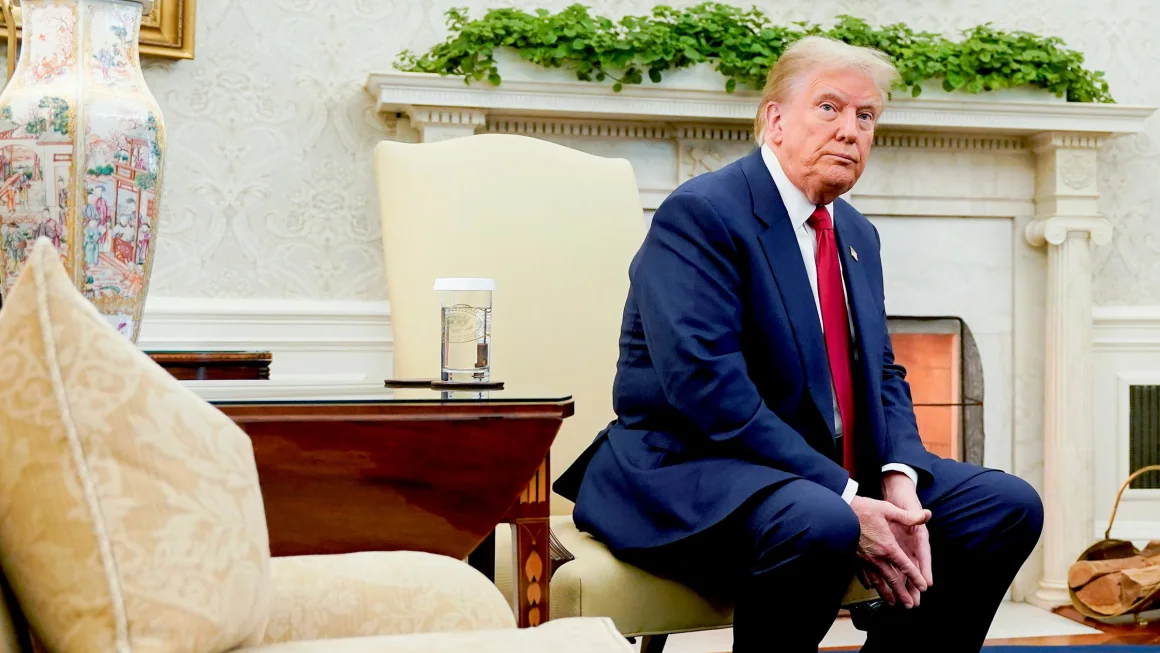
Trump’s Foreign Policy Vision Promises Bold Realignments and Global Shifts
November 17, 2024
4 minutes read
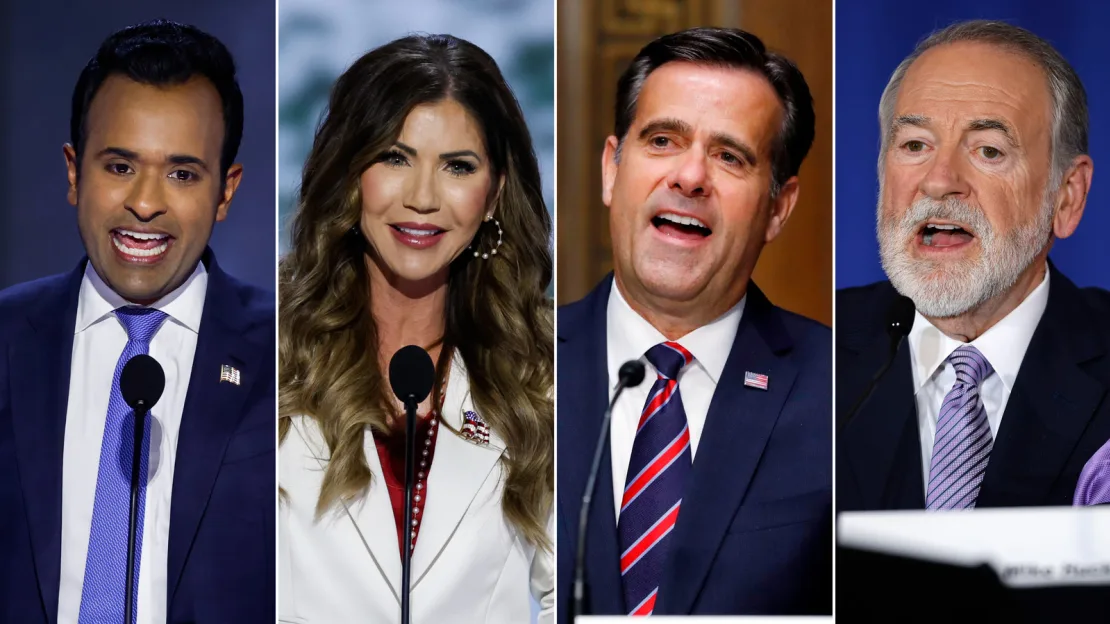
Trump Rolls Out Controversial New Cabinet Picks for Second White House Term
November 14, 2024
4 minutes read
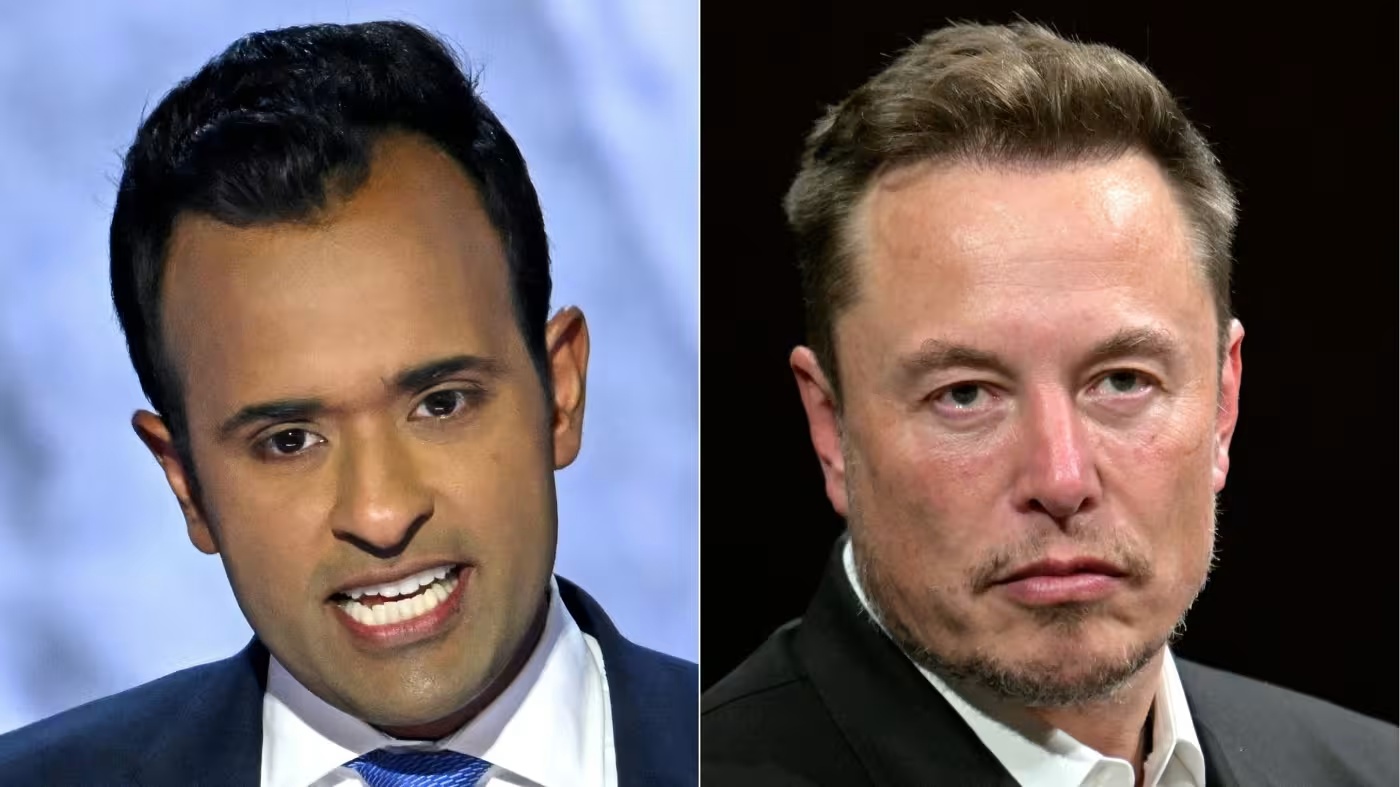
Elon Musk and Vivek Ramaswamy to Lead Trump’s New ‘Department of Government Efficiency’
November 13, 2024
2 minutes read

Malaysia’s PM Anwar Ibrahim Says New US Tariffs Could Impact Key Microchip Exports, Despite BRICS Ties
November 13, 2024
2 minutes read
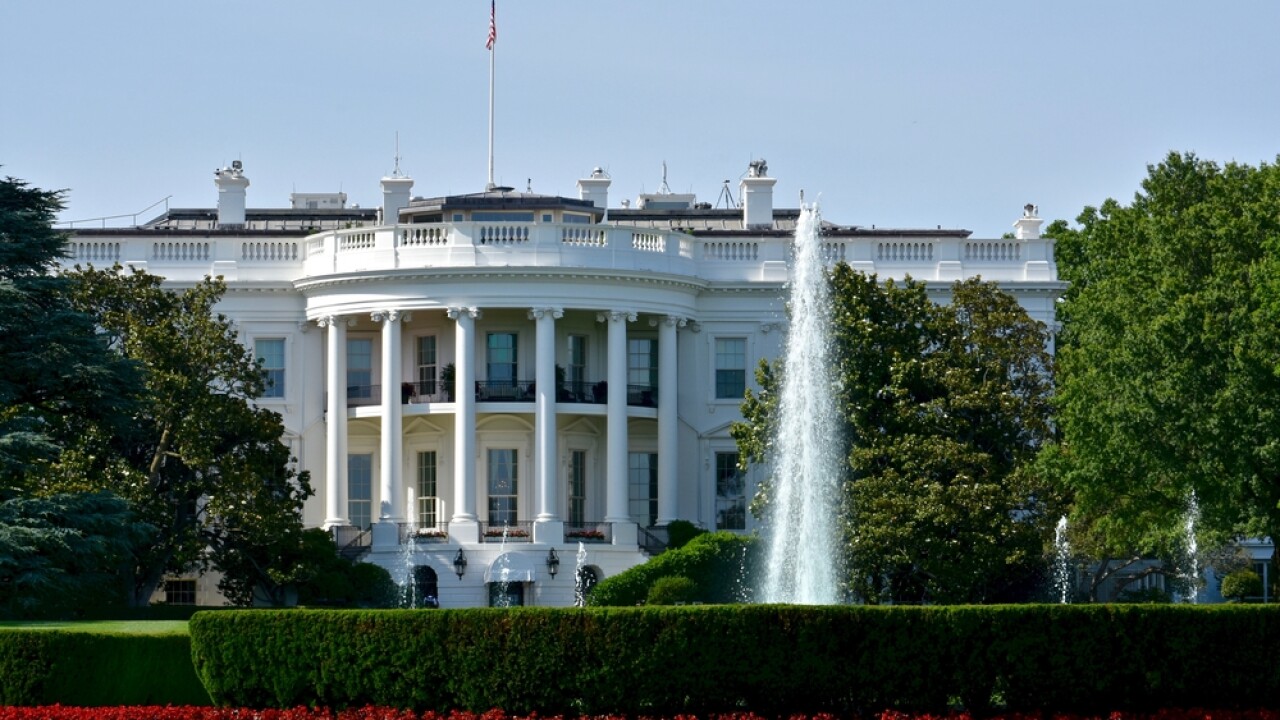
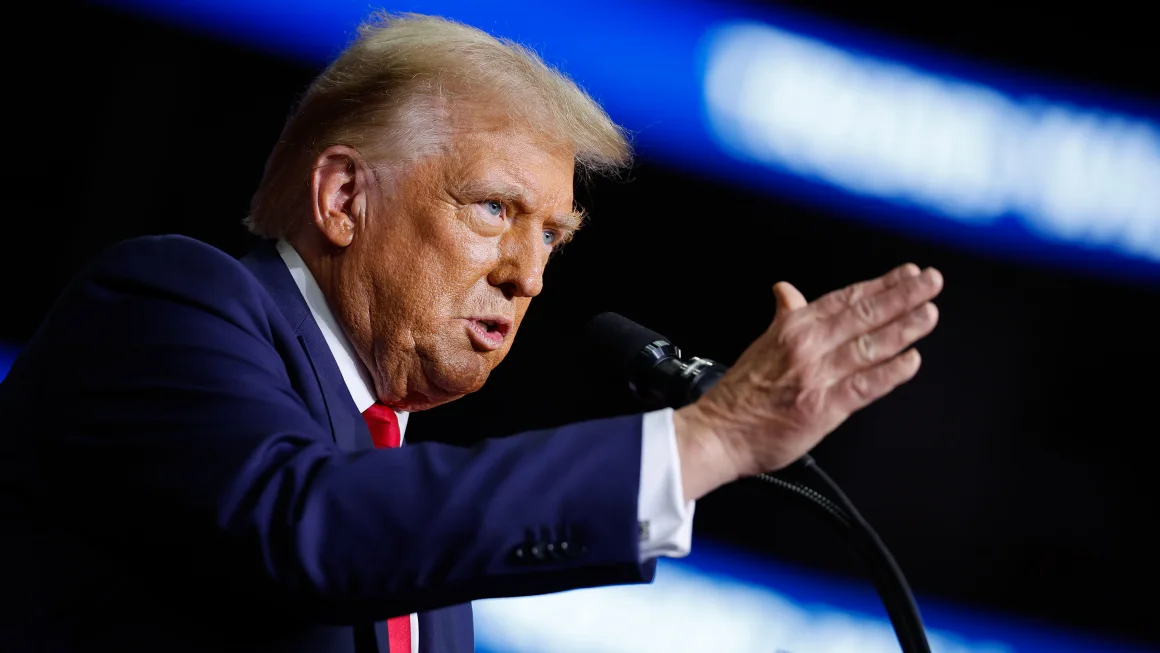

Trump Selects South Dakota Governor Kristi Noem as Homeland Security Secretary
November 12, 2024
1 minutes read
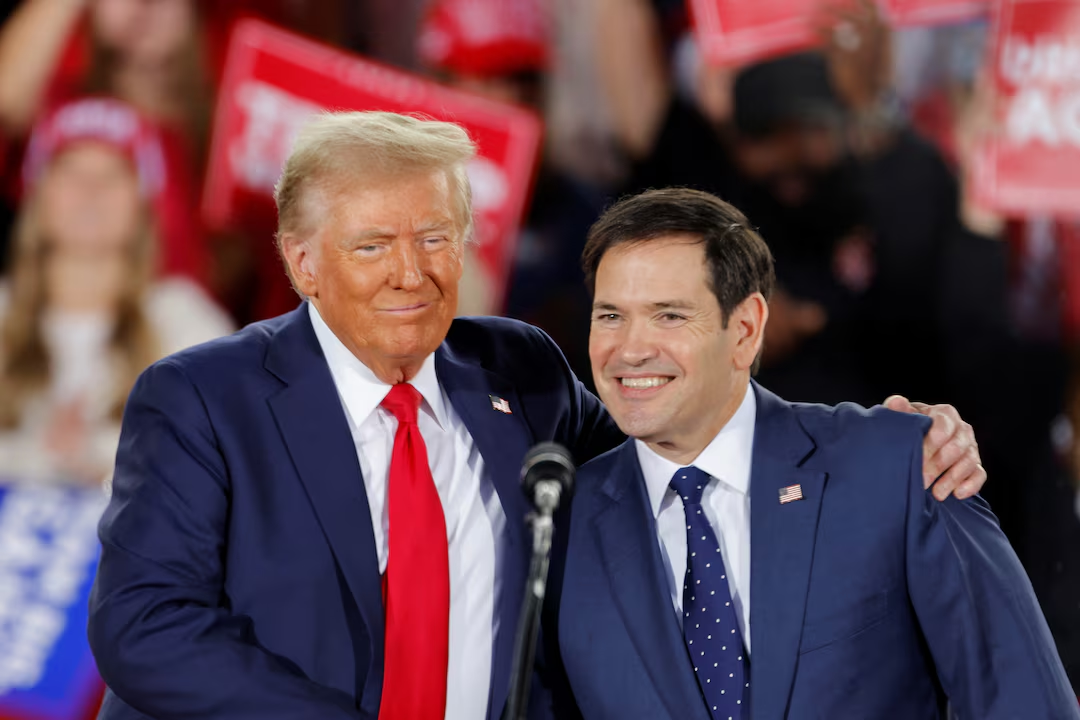

White House Rushes to Allocate Key Legislation Funds Before Trump Takes Office
November 11, 2024
3 minutes read
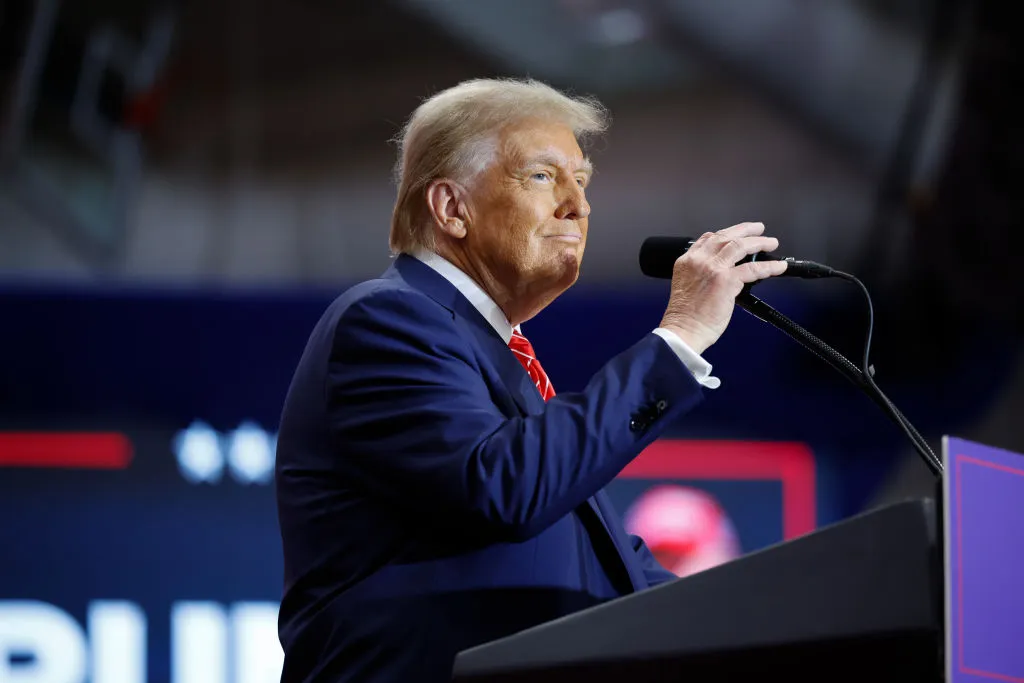
Trump Set to Receive Classified Briefings Again Despite Previous Charges
November 11, 2024
3 minutes read